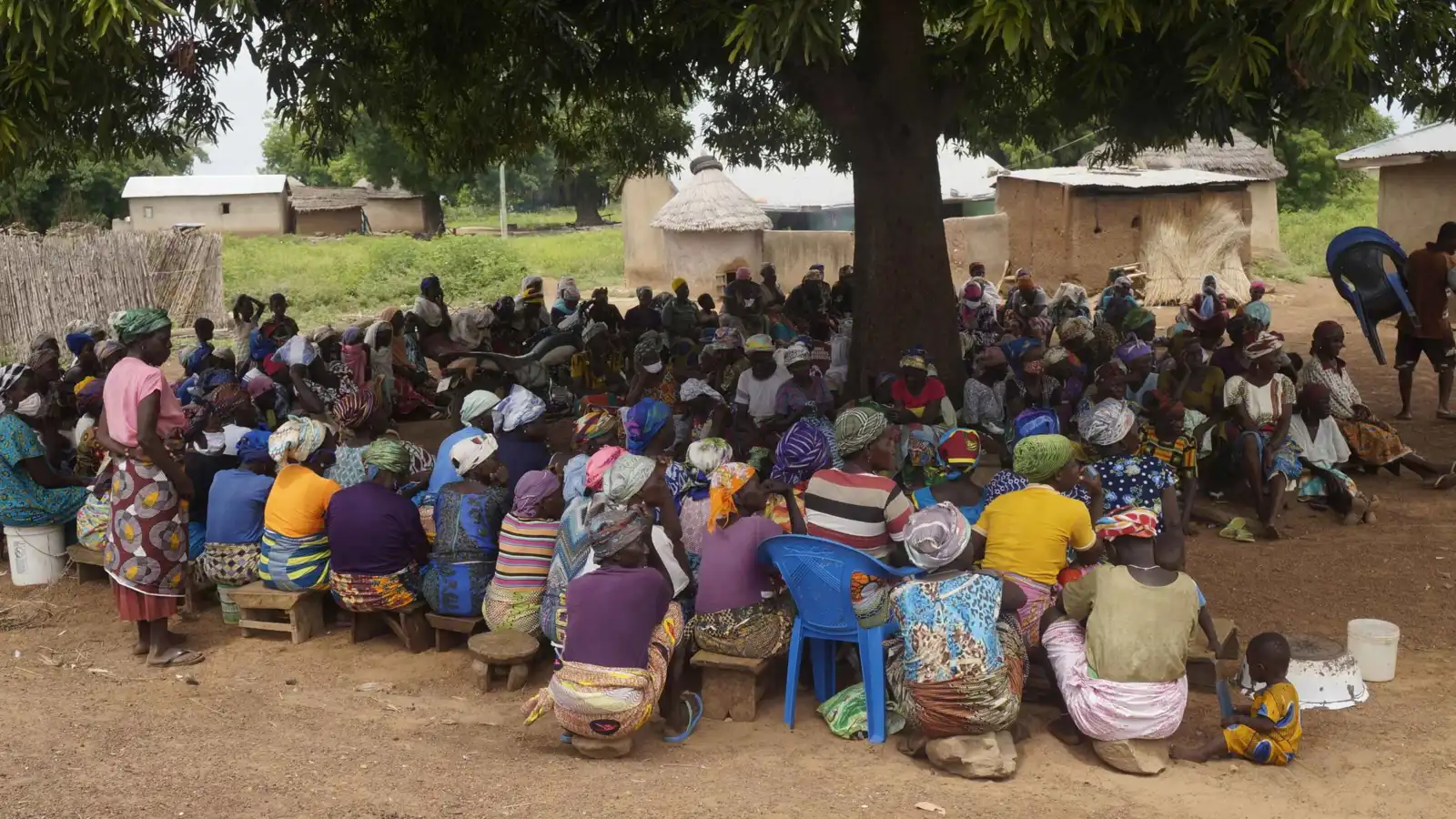
Thousands of women accused of witchcraft in northern Ghana remain confined to so-called “witch camps,” open-air settlements where those banished by families and villages eke out a harsh existence. Rights groups and political advocates are pushing to shut the camps and to criminalize witchcraft accusations under a proposal widely dubbed the “Sosu law.”
At the Gushegu (Gushiegu) camp, dozens of women have lived for more than a decade after being forced from their communities. Accusations often target older women seen as a burden or those who do not conform to local expectations.
Local organizations are trying to reverse the expulsions. Barnabas Dalabra’s “Project Outcasts” travels to the women’s home villages to negotiate returns; he says roughly 30 women have been reintegrated in the past two years.
Public outrage surged in 2020 after 90-year-old Akua Denteh was beaten to death in the north, a killing filmed and widely shared online. In response, Parliament in 2023 passed a bill that would criminalize witchcraft accusations and provide compensation and rehabilitation for victims. But then-President Nana Akufo-Addo declined to sign it, stalling the measure.
Advocates say entrenched belief in witchcraft—shared by some traditional leaders as well as a minority of police and health workers—continues to blunt progress. According to Prof. Azumah of the Sani Institute and the Coalition Against Witchcraft Accusations, political fears over voter backlash helped derail the bill, even as campaigners urge swift passage and enforcement to close the camps and protect the accused.
